Chapter 2
In Which Lorna’s Uncle Luther Becomes the Father of the Coarse-Goods Trade
THE CROQUET ground rules that have been kept by the Hubers fill a small book generations old, maintained and expanded by successive occupants of the narrow house and passed along with the house itself. It makes an interesting historical document. Of the following samples from this book, the entry made in 1910 is of particular interest, because it was added to the rules by Lorna, in her hand, when she was nine.
No player may drive the ball of another player in a downhill direction. [1856 — just three years before Lieutenant Amédée Mannheim, of the French artillery, developed the form of slide rule that endured until the development of the electronic calculator]
No player may drive the ball of another player on a course so close to the contour of Ackerman Hill that the net effect will be the same as if the ball had been driven on a downward course. [1888]
No player may drive the ball of another player into the new drainage ditch along the upward border of the front lawn, since a ball so driven is certain to roll through the new culvert and continue on an accelerating downward path. [1901]
Driving the ball of a player who is injured or who does not have the full use of his fingers is not fair play. [1910]
Any player who causes any ball to roll downward and be lost, whether by direct or indirect means or by accident, must pay for it or replace it. [1930]
When the ball of another player is driven, it must be driven uphill only, and if an uphill ball starts rolling downhill it MUST be caught before it rolls off the property. [1952]
It would be more fun for everybody if no player drove the ball of another player in any direction whatsoever, because it’s really the pleasure of the game that we ought to be interested in and not the whole competitive thing. [1969]
All croquet balls and mallets used on this court shall be made exclusively of wood. The use of mallets made of carbon fibre compounds or of aluminum alloys is expressly forbidden. In fact, those damned aluminum baseball bats that make a sound like “pwong” are not to be used within earshot of this court either. [1983]
Lorna had a specific person in mind when she protested against driving the ball of a player “who does not have the full use of his fingers.” It was her Uncle Luther. Uncle Luther was tall and quiet and dark. He had a pointed chin and deep-set eyes; those would have been his most prominent features if his right hand had not been so terrifying a curiosity. The forefinger was normal, but the other three fingers ended at the first knuckle. They had been sliced off by the machine that cut the clamps for suspenders from thin sheets of brass, while Luther was demonstrating the speed at which he wanted the machine run. “As neat an amputation as any surgeon could have done,” Luther enjoyed saying.
In Topical Guide 245, Mark Dorset considers Games: Croquet and Gadgets: Slide Rulefrom this episode.
Have you missed an episode or two or several?
You can begin reading at the beginning or you can catch up by visiting the archive or consulting the index to the Topical Guide.
You can listen to the episodes on the Personal History podcast. Begin at the beginning or scroll through the episodes to find what you’ve missed.
You can ensure that you never miss a future issue by getting a free subscription. (You can help support the work by choosing a paid subscription instead.)
At Apple Books you can download free eBooks of “My Mother Takes a Tumble,” “Do Clams Bite?,” “Life on the Bolotomy,” “The Static of the Spheres,” “The Fox and the Clam,” “The Girl with the White Fur Muff,” “Take the Long Way Home,” “Call Me Larry,” and “The Young Tars,” the nine novellas in Little Follies, and Little Follies itself, which will give you all the novellas in one handy package.
You’ll find an overview of the entire work in An Introduction to The Personal History, Adventures, Experiences & Observations of Peter Leroy. It’s a pdf document.




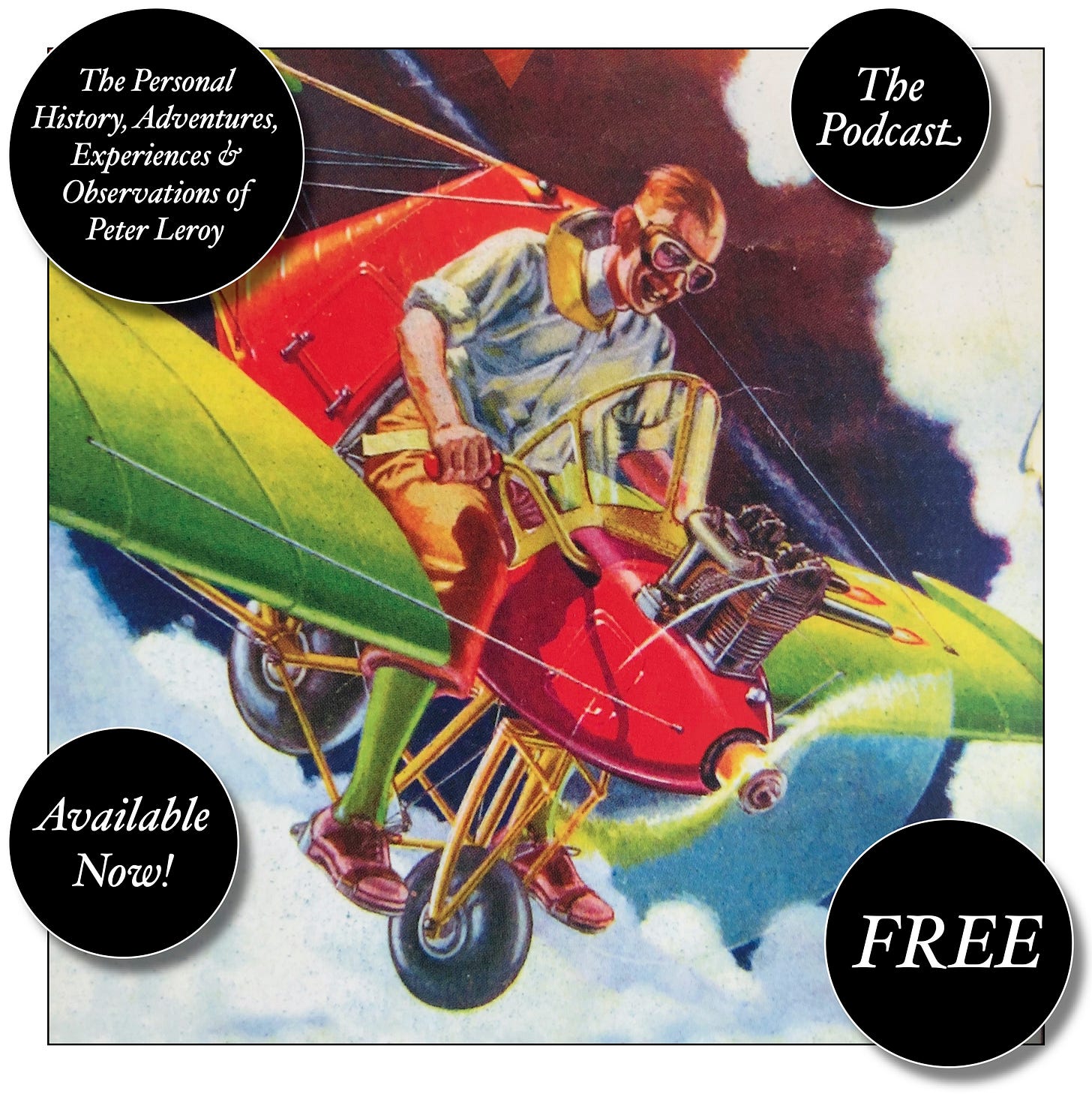

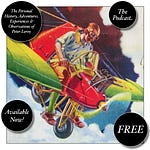

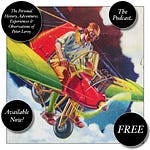



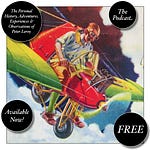
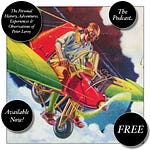
Share this post